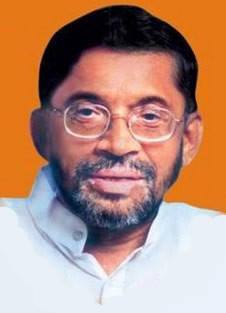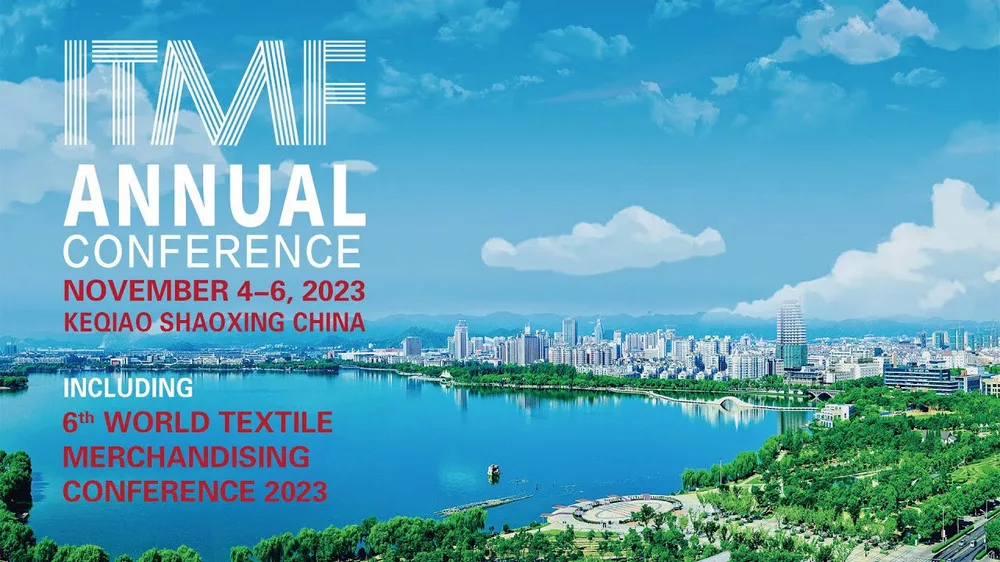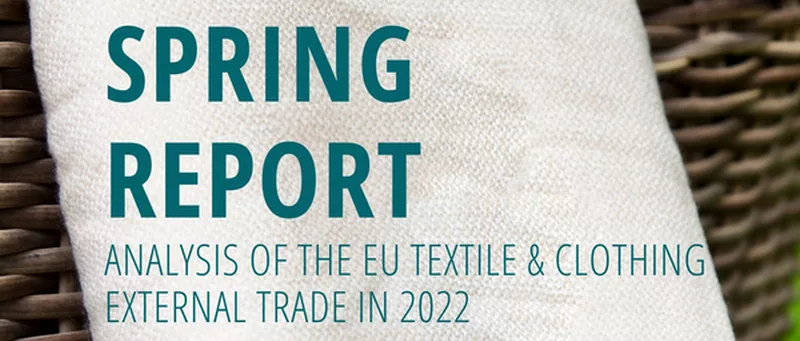The Indian textiles industry is facing still competition from foreign textile industry including neighbouring countries especially from Bangladesh, Pakistan and Sri Lanka as these countries are taking advantage of unilateral tariff preference scheme granted to developing countries.
India, which was also a beneficiary of the EU GSP has been graduated out of the GSP from 01.01.2014 for textiles and some other products. The graduation out of countries is done by the EU based on the criterion of trade share. Hence Indian exporters of textiles pay the normal customs duty of upto 8% on textiles products being sent to EU from 01.01.2014 onwards.
Sri Lanka is covered under a preference scheme of the EU namely GSP. Bangladesh and Pakistan are covered under other unilateral preference scheme of the EU namely the “Everything but Arms (EBA)” and the “GSP Plus” respectively. Hence, they have zero duty access for textiles products into the EU.
China’s manufacturing base in Textiles is larger than India both in terms of yarn and fabric providing opportunities for higher garment manufacturing and exports. China has large and strong Infrastructure to meet global demand of Textiles and Clothing.
The Government has undertaken research and studies on various facets of textile industry including estimating the domestic household market size of textiles, export competitiveness analysis of the Indian textiles in different export destinations of the world.
The details of various measures taken by the Government to improve textile export and competitiveness of Indian textile industry and in order to explore new markets for textile exports along with steps taken by Government include :
- Government has implements several export promotion measures including incentives under Focus Market Scheme and Focus Product Scheme; enhancing the coverage of Market Linked Focus Product Scheme for textile products to increase India’s share in various countries. Focus Market Scheme (FMS) offsets high freight cost and other externalities to select international markets with a view to enhance India’s export competitiveness in these markets. Further, to incentivise export of such products which have high export intensity / employment potential, so as to offset infrastructure inefficiencies and other associated costs involved in marketing of these products, Govt. implements Focus Product Scheme. In addition, Market Linked Focus product scheme (MLFPS) incentivises export of products that have high employment intensity in rural and semi urban areas, to offset infrastructure inefficiencies and other associated costs involved in marketing of these products.
- Financial Assistance is being provided for export promotion activities on focus countries and focus product countries under Market Access Initiative (MAI) Scheme.
- Financial Assistance is provided under Market Development Assistance (MDA) Scheme for a range of export promotion activities implemented by Textiles Export Promotion Councils on the basis of annual action plan.
- 2% Interest Subvention Scheme on rupee export credit was available to certain specific export sectors including Handicrafts, Carpets, Handloom and Readymade Garments up to 31st March, 2014.
- Duty Drawback Scheme: Duty Drawback is the rebate of duty chargeable on imported material or excisable material used in the manufacturing of goods in and is exported. The exporter may claim drawback or refund of excise and customs duties paid by his suppliers.
- The Export Promotion Capital Goods (EPCG) scheme is one of the several export-promotion initiatives launched by the government in the early ’90s. The basic purpose of the scheme is to allow exporters to import machinery and equipment at affordable prices so that they can produce quality products for the export market.
- Guarantees to Banks: Packing Credit Guarantee: Timely and adequate credit facilities at the pre-shipment stage are essential for exporters to realize their full export potential. The Packing Credit Guarantee of ECGC helps the exporter to obtain better and adequate facilities from their bankers. The Guarantees assure the banks that, in the event of an exporter failing to discharge his liabilities to the bank, ECGC would make good a major portion of the bank’s loss.
- Advance License: Advance Licence Scheme allows duty free import of inputs which are physically incorporated in export product with normal allowance of wastage on the basis of SION (Standard Input Output Norms). It has export obligation attached to it which should be fulfilled in 18 month from the date of release of advance licence.
- Increase in entitlement for import of trimmings, embellishments and other specified items – To encourage exports of readymade garments it has been announced in Union Budget 2014-15 to increase the duty free entitlement of garment exporters for duty-free import of trimmings, embellishments and other specified items from 3% to 5% of the value of their exports.
The above information was given by the Minister of State (Independent Charge) in the Ministry of Textiles Shri Santosh Kumar Gangwar in a written reply in Rajya Sabha recently.






